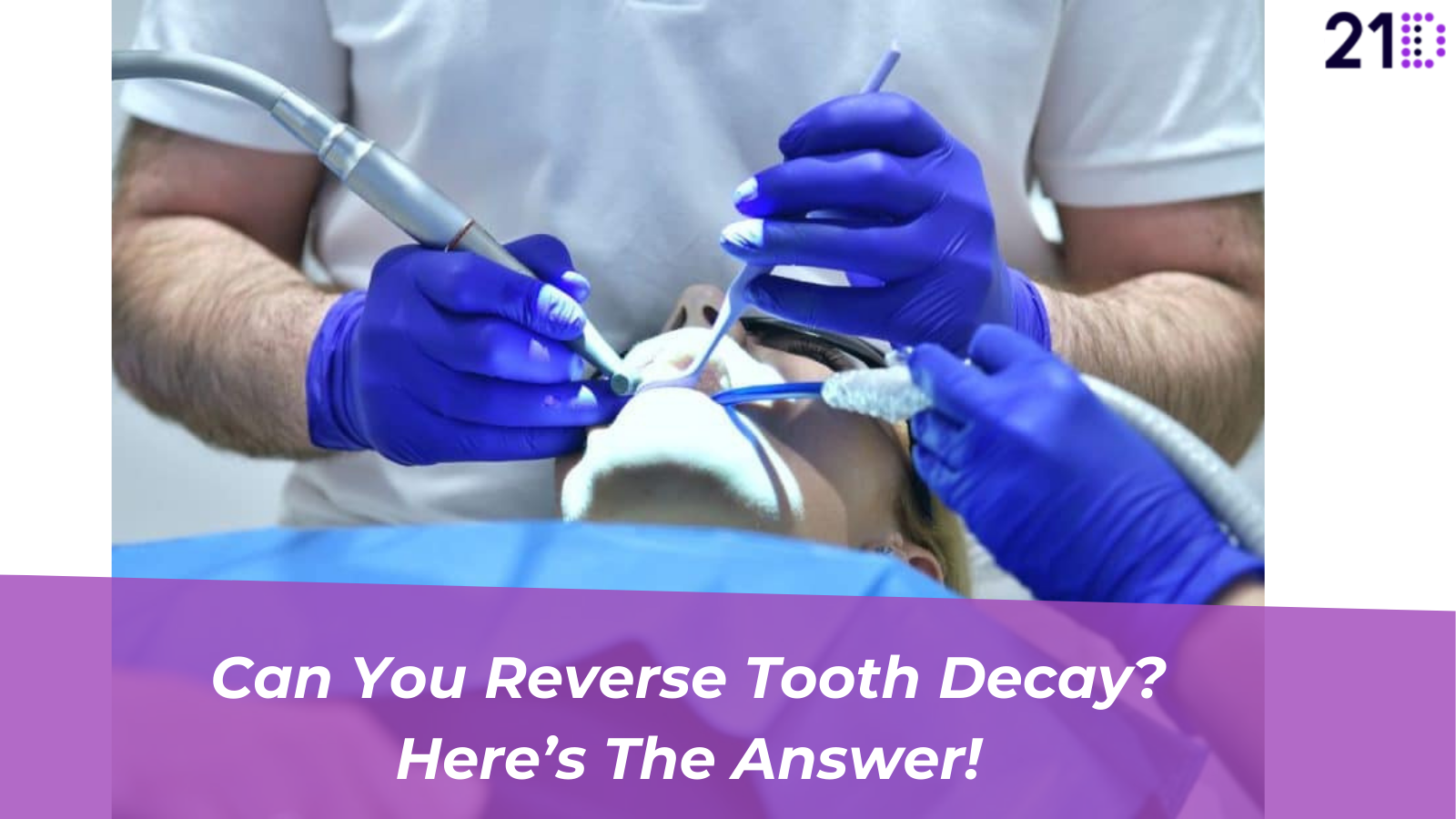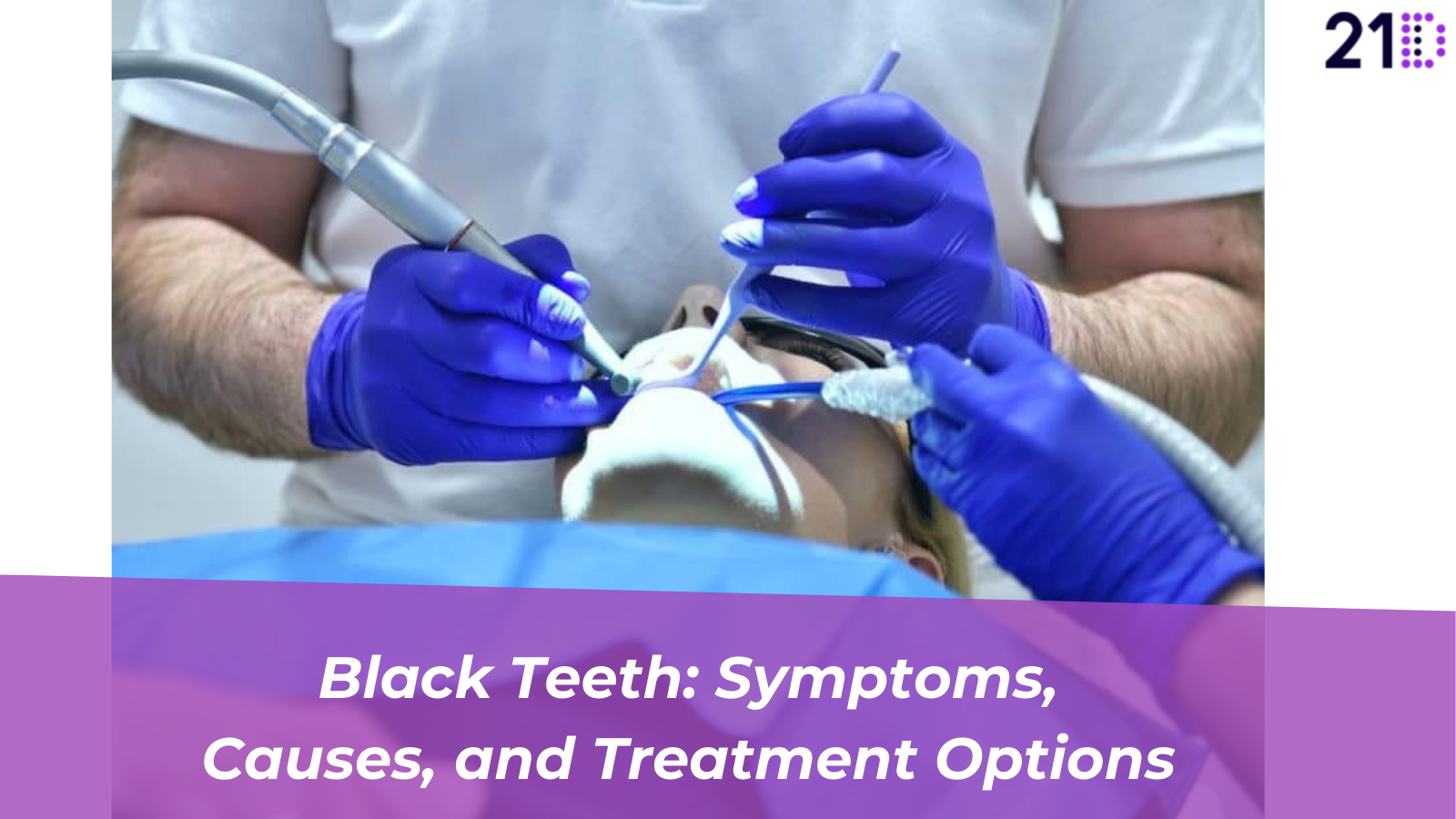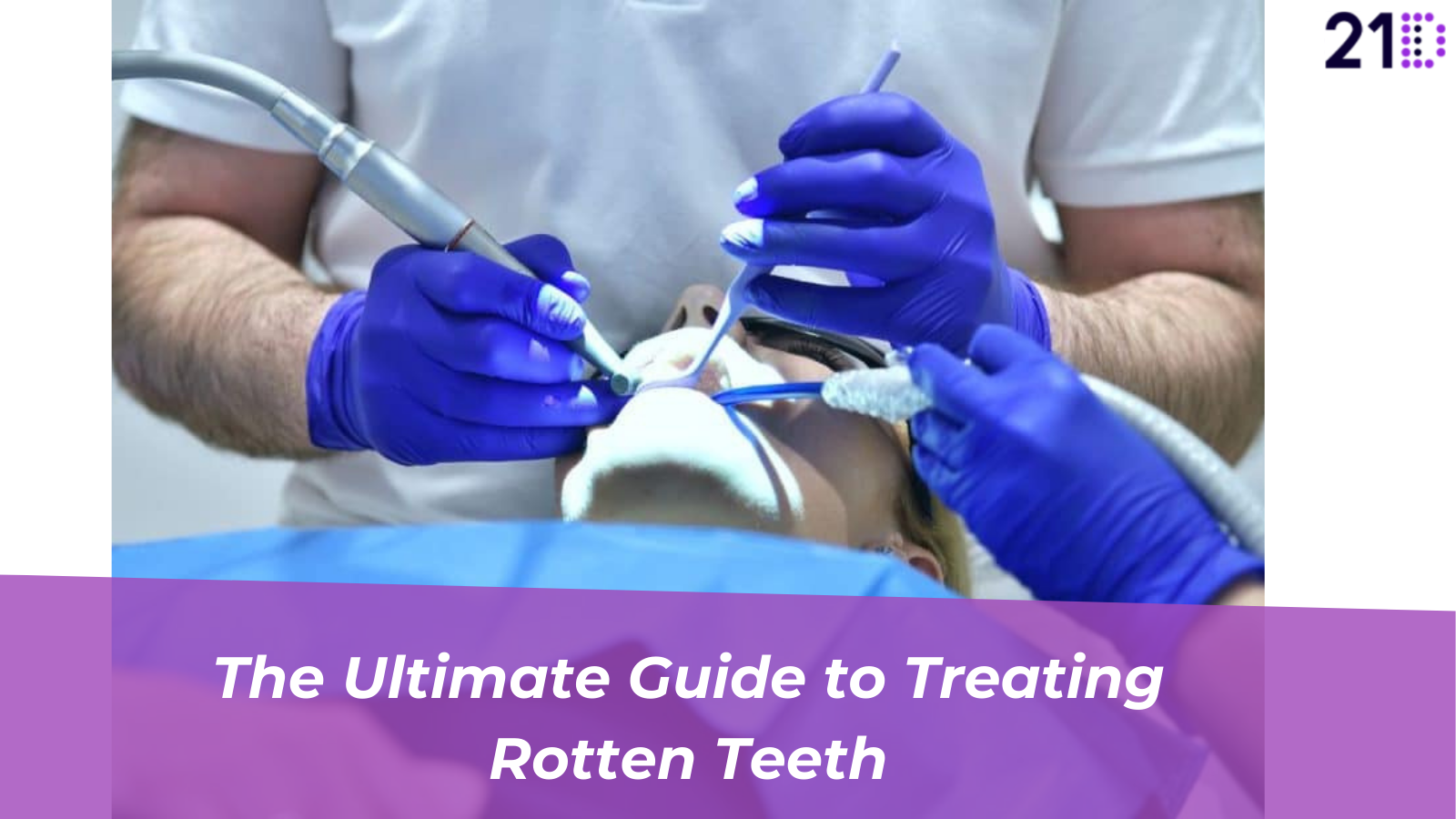Congratulations on getting dental implants! You must be excited to have a beautiful new smile and the ability to enjoy your favourite foods again. However, before indulging in any hard or sticky foods, it’s essential to consider your dental implant recovery diet.
To ensure that the implant site heals properly and integrates with your jawbone, you must follow a carefully chosen dental implant recovery diet. This diet will give your body the essential nutrients to repair itself while protecting the implant and surrounding tissues.
This blog will delve into the world of post-implant dietary requirements. It will explore what to eat, what to avoid, and how to find delicious ways to get healthy. So, get comfortable, and let’s put your smile on the fast track to recovery smile!
Understanding The Dental Implant Healing Process
Before we delve into the specific dental implant recovery diet, let’s take a quick tour and understand how implants work. This foundation will help you understand how your diet can affect your success.
Dental implants are artificial tooth roots that are surgically inserted into the jawbone. They are made of biocompatible materials, like titanium. This post acts as a stable foundation for the restoration, which can be a single crown, a bridge, or even a full denture.
However, the key to success lies in osseointegration, a fancy term for where your jawbone fuses with the implant surface. This creates a robust and long-lasting connection, allowing the implant to function like a natural tooth root.
Dental Implant Recovery Time
The recovery timeline for dental implants can vary depending on individual factors, such as the number of implants placed and the need for additional procedures, such as bone grafting.
However, here’s a general breakdown:
- Implant Placement: This outpatient surgery typically takes 1-2 hours per implant. You’ll likely experience some swelling and discomfort for a few days afterwards.
- Healing Phase (3-6 Months): During this crucial time, the osseointegration process occurs. Your dentist will recommend a soft diet to minimise stress on the implant site and promote healing.
- Abutment Placement (1-2 Weeks): Once healed, a small connector piece called an abutment is attached to the implant. This creates a platform for the final restoration.
- Final Restoration Placement (Variable): The final crown, bridge, or denture is then secured onto the abutment, completing the implant process.
It’s important to note that this timeline is general, and your recovery time may vary. You can schedule a free consultation with our implantologists at 21D today for more personalised information.
The Role of Nutrition in Recovery
Whether dental implants or any other surgical procedure, a good diet with balanced nutrients is vital for recovery. Good nutrition is crucial for recovery after surgical procedures such as dental implants. The body’s access to necessary nutrients greatly enhances healing and recovery. Hence, Here’s why your diet becomes a superstar during the recovery phase:
Tissue Repair and Growth
The healing process involves the formation of new bone and soft tissue around the implant site. Nutrients like protein, vitamin C, and calcium are essential for building these structures and ensuring a solid foundation for your new implant.
Improved Blood Flow
Proper blood flow delivers oxygen and essential nutrients to the healing tissues. A balanced diet rich in vitamins and minerals can optimise blood circulation, speeding up recovery and reducing the risk of infection.
Enhanced Immune Function
A healthy immune system is critical to fighting any potential infection after a dental implant surgery. By incorporating plenty of fruits, vegetables, and whole grains into your diet, you’ll provide your body with the vitamins, minerals, and antioxidants needed to maintain a robust immune response.
Necessary Nutrients After Dental Implants
A balanced amount of nutrients in a dental implant recovery diet is essential for a healthy and speedy recovery. Let’s now discuss some essential nutrients and their specific functions in facilitating a smooth recovery:
Vitamin C
This powerhouse vitamin is vital in collagen production, the main protein component of connective tissues like gums and bone. Adequate vitamin C intake ensures proper healing and supports the formation of solid tissue around the implant site.
Sources
- Citrus fruits,
- Berries,
- Leafy greens,
- Bell peppers.
Protein
Protein is the building block of all tissues in the body, and during implant healing, it’s crucial for the construction of new bone and soft tissue. Aim for various protein sources throughout the day to provide your body with the necessary amino acids for tissue repair.
Sources
- Lean meats,
- Fish,
- Poultry,
- Eggs,
- Legumes.
Iron
Iron is essential for transporting oxygen throughout the body, which is critical for optimal healing. It also plays a role in collagen synthesis. Deficiency can lead to delayed wound healing, so ensuring adequate iron intake is essential.
Sources
- Poultry Products
- Leafy greens,
- Beans,
- Lentils.
Zinc
This mineral plays a vital role in cell division and tissue repair. It also helps support a healthy immune system, crucial for fighting off potential infection after surgery.
Sources
- Oysters,
- Red meat,
- Beans,
- Lentils.
Vitamin D And Calcium
This dynamic duo works together to optimise bone health. Vitamin D aids in calcium absorption, while calcium is the primary mineral component of bone. Adequate intake of both is essential for promoting osseointegration, where the implant fuses with the jawbone.
Sources
Vitamin D
- Fatty fish,
- Egg yolks,
- Fortified milk and
- Cereals.
Calcium
- Dairy products,
- Leafy greens,
- Fortified foods like tofu and
- Some plant-based milks.
Foods To Have Before and After Dental Implants
Let’s turn our knowledge of essential nutrients for dental implant healing into practical and delicious meal ideas in two phases:
Pre-Surgery Nutrition
While there’s no specific pre-surgical diet for dental implants, focusing on a well-balanced diet rich in essential nutrients can be beneficial. This helps ensure your body has the necessary reserves to optimise healing after surgery. Here’s what to focus on:
Lean protein sources: Lean meats, poultry, fish, eggs, and legumes will provide your body with the building blocks for tissue repair.
Fruits and vegetables: A colourful variety of fruits and vegetables will ensure a good intake of Vitamin C, antioxidants, and essential vitamins and minerals.
Whole grains: Opt for whole grains like brown rice, quinoa, and whole-wheat bread for sustained energy and a good source of fibre.
Calcium-rich foods: Dairy products like yoghurt, cheese, leafy greens, and fortified foods will help maintain optimal bone health.
Post-Surgery Soft Food Heroes
The initial days following surgery require a soft diet to minimise discomfort and promote healing at the implant site. Here are some delicious and nutritious options that are gentle on your mouth:
Smoothies: Packed with fruits, yoghurt, and protein powder, smoothies are convenient and versatile for getting essential nutrients.
Mashed potatoes and sweet potatoes: Rich in vitamins and minerals, these mashed delights are easily digestible and comforting.
Scrambled eggs: Eggs are a fantastic source of protein and essential for tissue repair. Keep them soft, and consider adding chopped vegetables for extra nutrients.
Soups and broths: Opt for creamy soups or broths with soft vegetables and lean protein for a warm and satisfying meal.
Yoghurt and cottage cheese: These creamy options are packed with protein and calcium, perfect for promoting bone health and providing a cool and soothing snack.
Soft fruits: Bananas, mangoes, and other soft fruits are a great source of vitamins, minerals, and antioxidants.
Oatmeal: This fibre-rich breakfast staple is easily digestible and can be topped with mashed fruits or nuts (avoid whole nuts during the initial soft food phase) for extra flavour and nutrients.
Now comes the question of what foods not to eat with dental implants? For that, let’s continue reading this article.
Which Foods To Avoid After Dental Implant?
We have discussed the types of food that can promote successful recovery after dental implant surgery. However, it is equally essential to be aware of the “foods not to eat with dental implants” as it can affect the healing process.
Hard And Crunchy Foods: Foods such as nuts, raw vegetables, hard candies, popcorn, and pretzels require significant chewing force, which can put undue pressure on the implant site and potentially damage the implant or surrounding tissues.
Sticky Foods: Caramel, chewing gum, and other sticky treats can get lodged around the implant site, increasing the risk of irritation and infection.
Hot And Spicy Foods: While not entirely off-limits, extremely hot or spicy foods can irritate the sensitive tissues around the implant site and delay healing.
Acidic Foods: Citrus fruits, tomatoes, and other acidic foods can irritate the gums and hinder healing. It’s best to limit these foods in the initial stages and opt for milder alternatives.
Sugary Drinks And Processed Foods offer minimal nutritional value and can contribute to inflammation. Opt for water, unsweetened teas, and whole foods instead.
You can read our detailed guide on foods to have and avoid after dental implant surgery.
Sample Meal Plan To Follow After Dental Implant
Now that you know which foods to include and which to avoid after a dental implant, let’s combine it! Here’s a sample meal plan to inspire you throughout the different stages of your dental implant recovery:
Day 1 – 3 (Mainly Liquids)
- Breakfast: Smoothie with yoghurt, banana, berries, and protein powder.
- Lunch: Cream of broccoli soup with a side of mashed avocado.
- Dinner: Strained chicken noodle soup with a dollop of soft cottage cheese.
- Snacks: Applesauce, yoghurt with honey, protein shake.
Day 4 – 7 (Transitioning to Soft Foods)
- Breakfast: Scrambled eggs with chopped spinach and a slice of whole-wheat toast (softened with milk).
- Lunch: Mashed sweet potato with steamed salmon (flaked for easy eating).
- Dinner: Cream of mushroom soup with mashed potatoes and steamed green beans (cut into bite-sized pieces).
- Snacks: Soft banana with a sprinkle of chia seeds, cottage cheese with sliced peaches.
Week 2 – 4 (Introducing More Variety)
- Breakfast: Oatmeal topped with mashed banana and a drizzle of almond milk.
- Lunch: Tuna salad (made with mayonnaise and mashed avocado for a softer texture) on a soft whole-wheat roll.
- Dinner: Baked cod (flaked), roasted vegetables (cut into soft pieces), and brown rice.
- Snacks: Greek yoghurt parfait with berries and granola (crushed for easier consumption), vegetable soup with soft bread.
Remember that this is only an example; you can modify it according to your preferences and dietary requirements. The most important thing is prioritising soft, easy-to-digest foods that contain the previously mentioned nutrients. As your mouth heals, you can gradually add more solid foods to your diet, but be cautious to avoid anything too crunchy or challenging during the initial few weeks.
Impact Of Hydration On Dental Implant Recovery
While a well-planned “dental implant recovery diet” is crucial, proper hydration is also essential to ensuring a smooth recovery.
Water is immensely significant in the healing process after dental implant surgery. It is important for cellular functions and crucial in repair and regeneration. Every body cell, tissue, and organ relies on water to operate optimally.
During post-surgery stages, cells work diligently to mend tissues and facilitate implant integration with the jawbone. Water is essential for efficient nutrient transport to the surgical site, aiding in osseointegration—the bonding of the implant with the bone.
Furthermore, hydration assists in flushing out toxins and metabolic waste, reducing infection risks and promoting a healthier healing environment. Post-surgery, the body’s water requirement may increase, necessitating attentive monitoring of hydration levels.
While maintaining adequate hydration is vital, it’s necessary to sip water gently to avoid straining the surgical spot. Pairing nutritious foods with ample water intake accelerates recovery, ensuring optimal healing for the body and the dental implant.
How 21D Can Help In Having A Seamless Dental Implant Experience?
At 21D, we understand that starting a journey towards dental implants can seem overwhelming. Our top priority is to provide the best possible care for our patients. Our team consists of experienced clinicians, empathetic nurses, and prudent patient coordinators, all working together to ensure your journey is smooth and comfortable from beginning to end.
Here are some of the other benefits which can help you in having a smooth dental implant experience:
Quicker Treatment: We at 21D offer same-day full-jaw dental implants, allowing you to walk in for a consultation and walk out with a new smile in a single day.
Securer Procedure: At 21D, we have a team of experienced clinicians to ensure a safe and precise implant placement procedure.
Affordable: We at 21D offer a cheaper solution than traditional dental implant procedures. You can also convert the implant procedure fees to small EMIs and refrain from paying a hefty sum simultaneously.
With our new-age technology, experienced team, and commitment to affordability, we strive to offer our patients the best service in the industry. So, if you want to have a dental implant, book a free consultation with our dental experts today!
Conclusion
Dental implant surgery is a life-changing procedure, and a successful recovery is critical to enjoying your new smile for years.
By prioritising a well-planned dental implant recovery diet rich in essential nutrients, you’ll give your body the building blocks to heal effectively.
Remember, proper hydration and a nutritious diet are crucial for optimal healing. So, embrace the delicious possibilities of your dental implant recovery diet and experience the joy of a healthy smile!
FAQs
How Long Do We Have To Wait Before Eating Normal Food?
For the first few days after surgery, stick to soft foods like mashed potatoes and yoghurt. Gradually introduce solids, but avoid tough or crunchy foods for a few weeks. For more information, consult your dentist or your diet planner.
Can I Eat Rice After Dental Implant?
Yes, you can have soft, cooked rice, which is generally safe after a few days. However, avoid hard, uncooked rice as it irritates the implant site.
Why Do Dairy After Dental Implant?
Some dentists recommend limiting dairy products like milk or cheese right after surgery. This is because dairy can thicken mucus production, potentially impacting healing. Always follow your dentist’s specific post-operative instructions.
Can I Have Ice-Cream After Dental Implant?
Ice cream can be tempting, but waiting at least a few days after surgery is best. The coldness can irritate the implant site, and sugary content might promote bacterial growth. Stick to cool, sugar-free yoghurt as a safer alternative.




